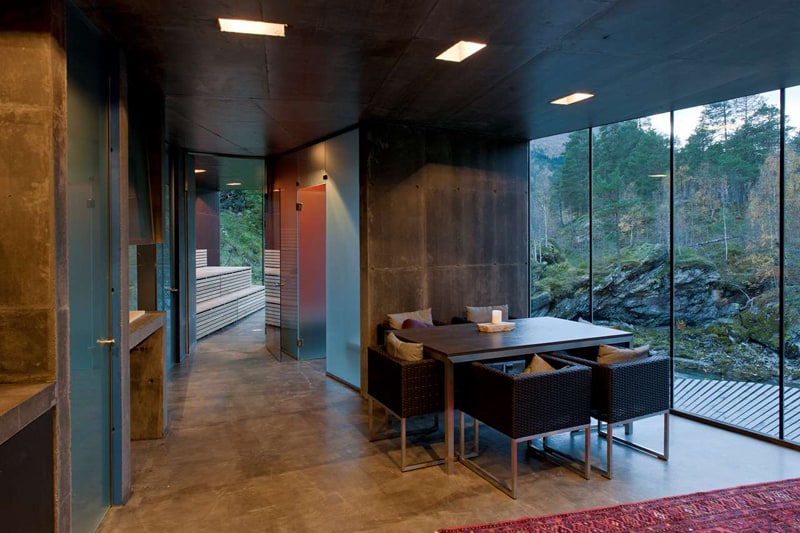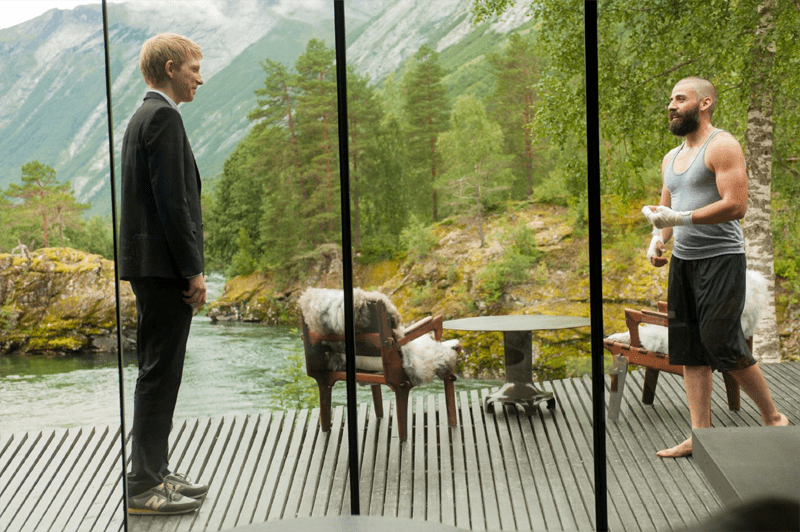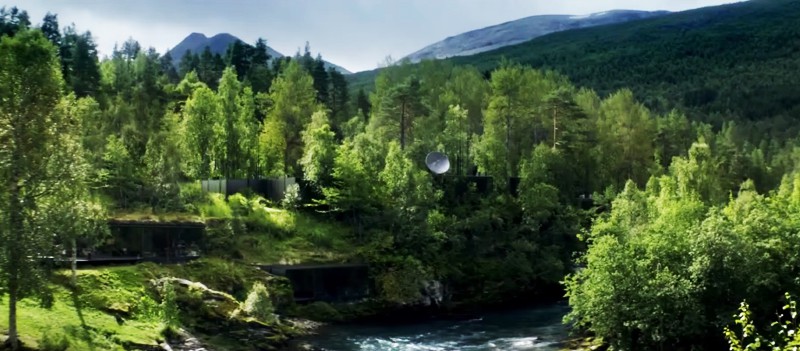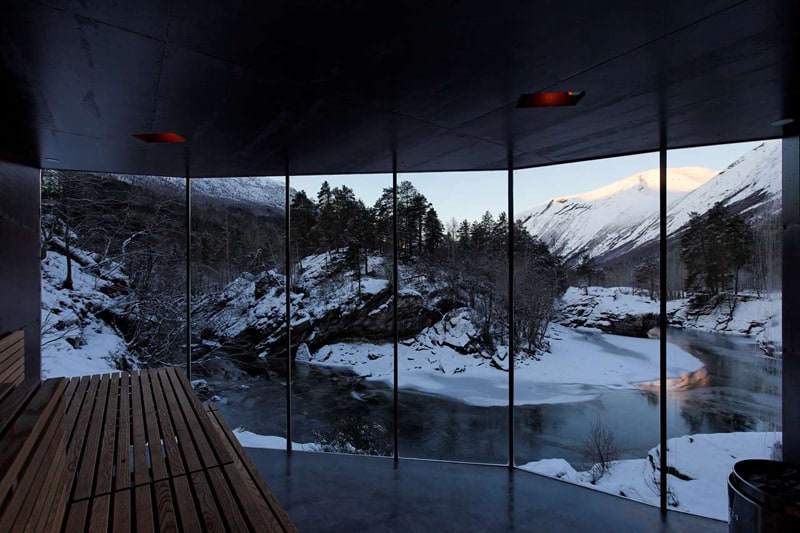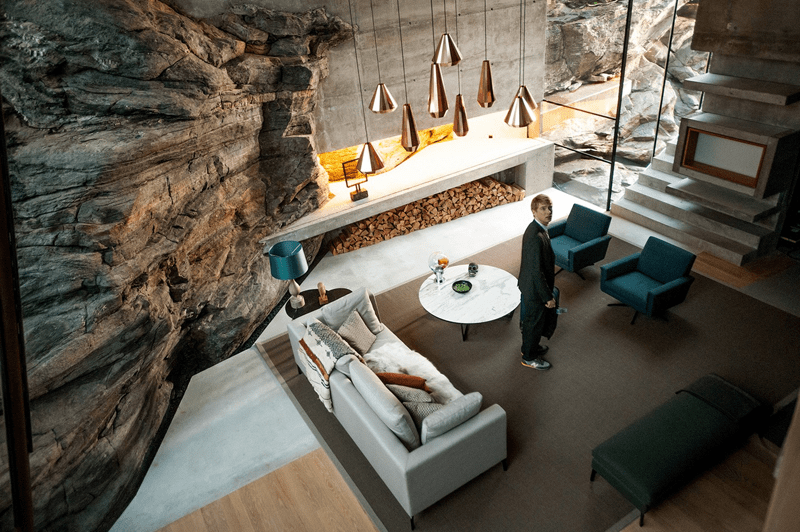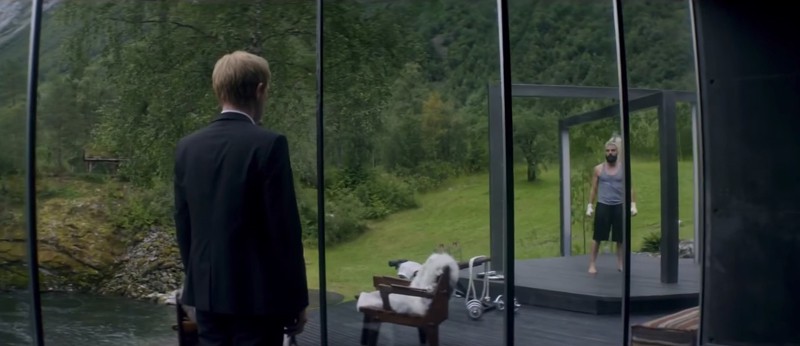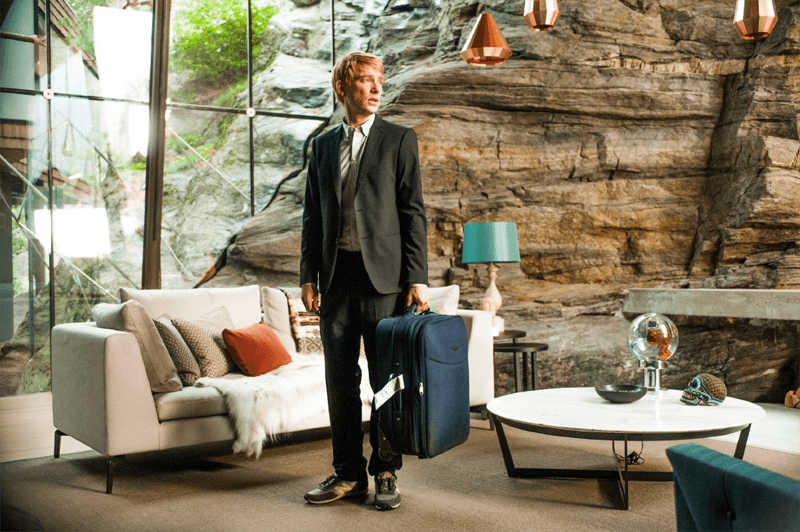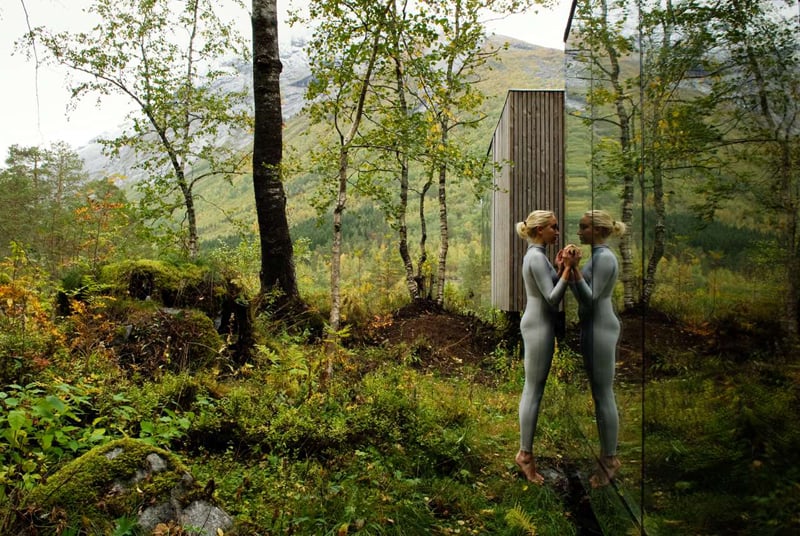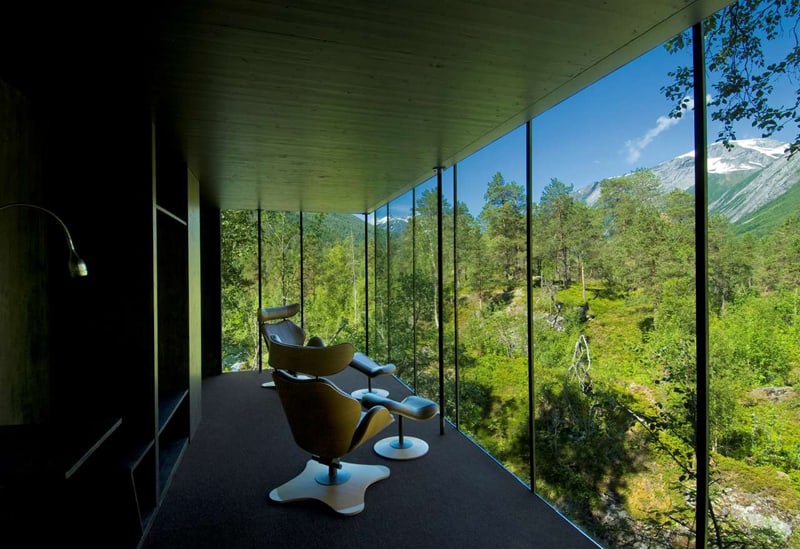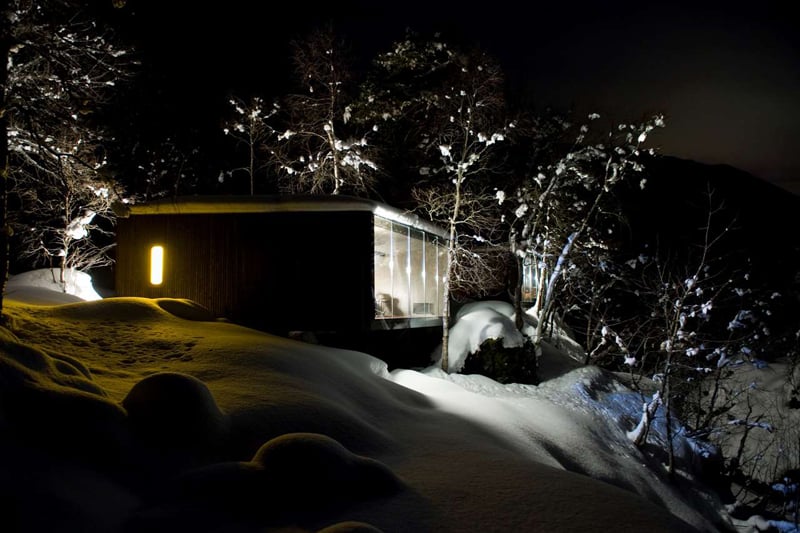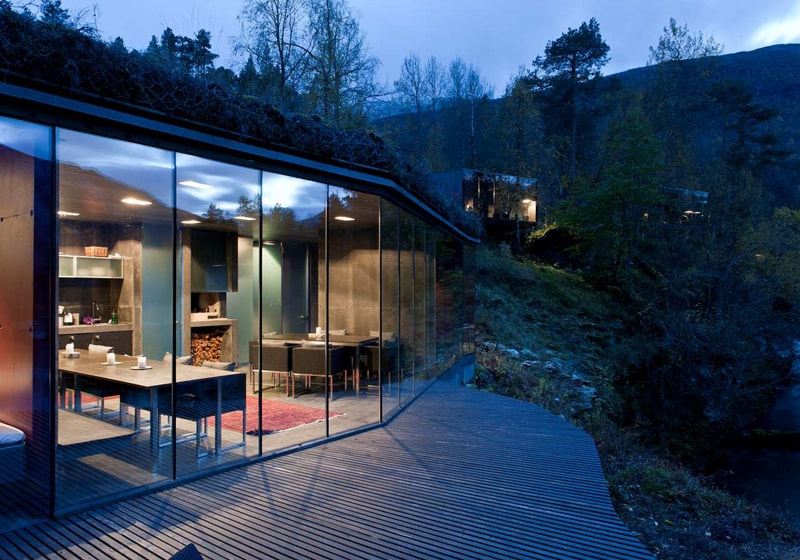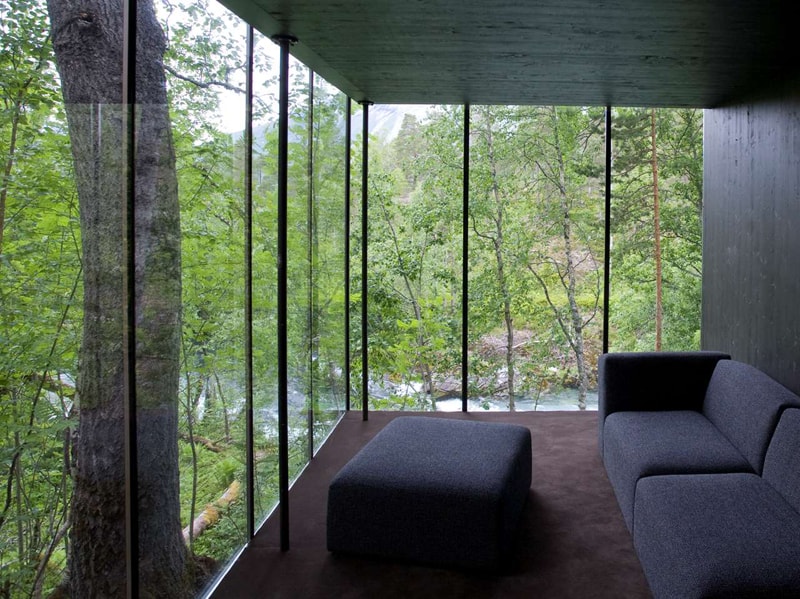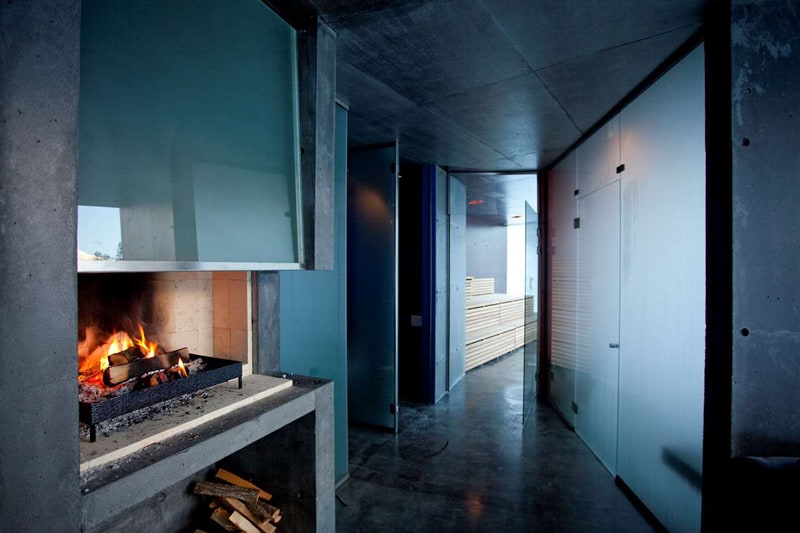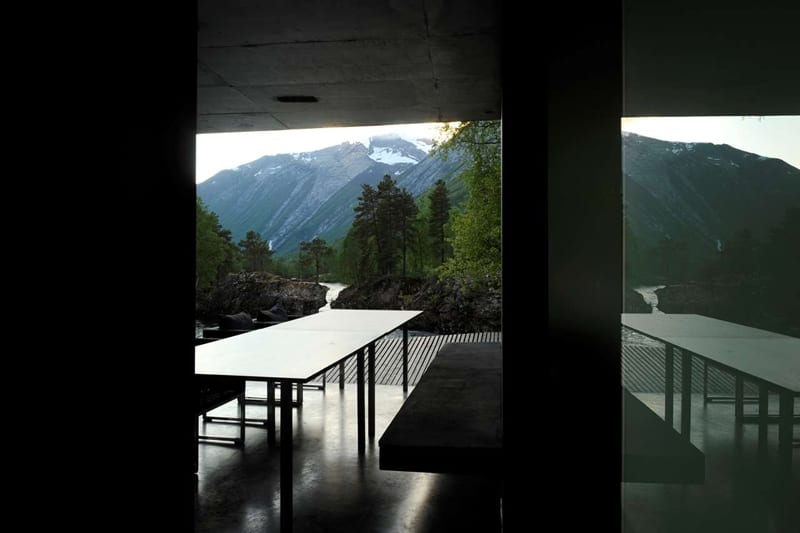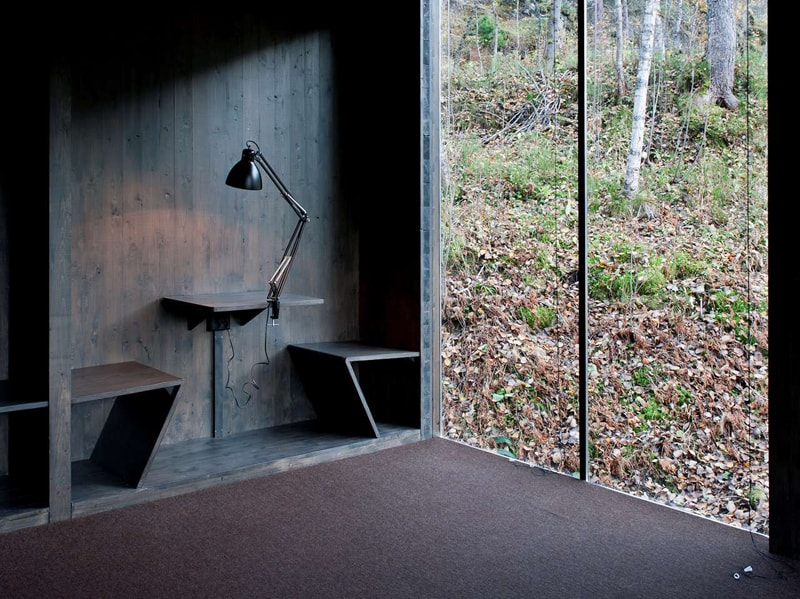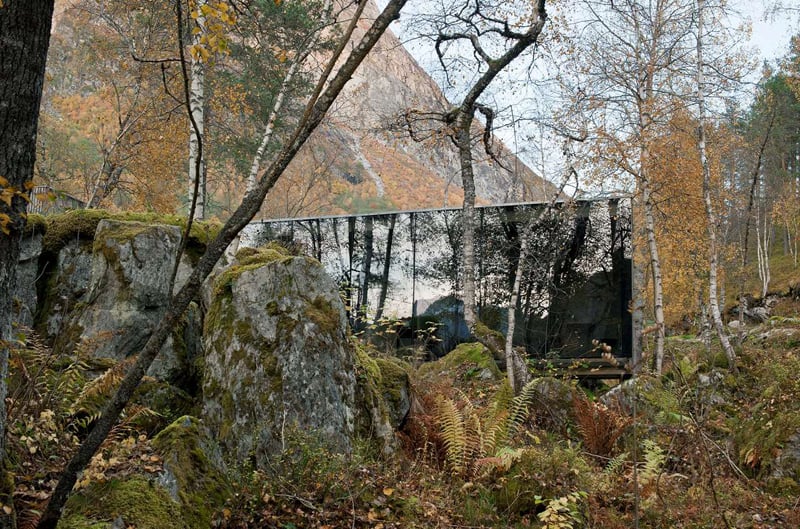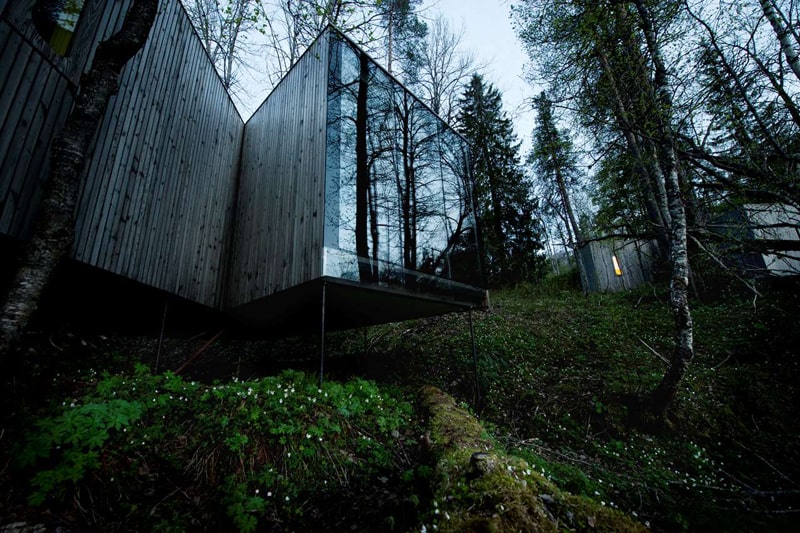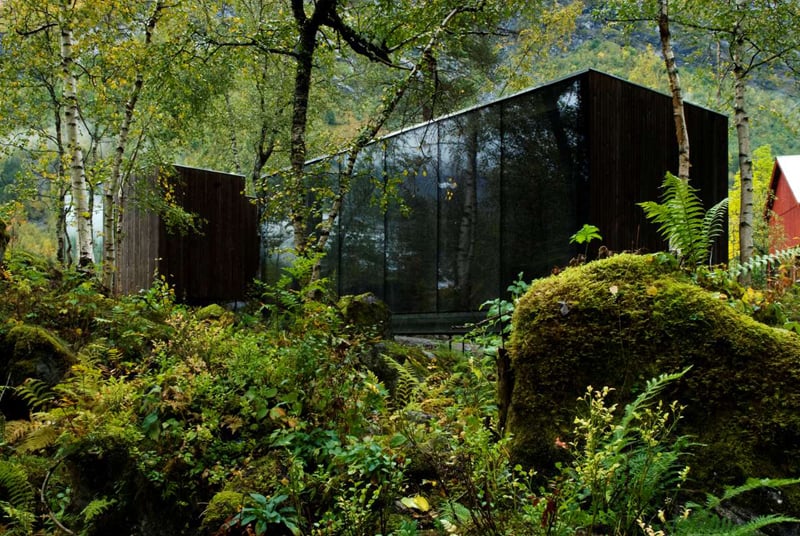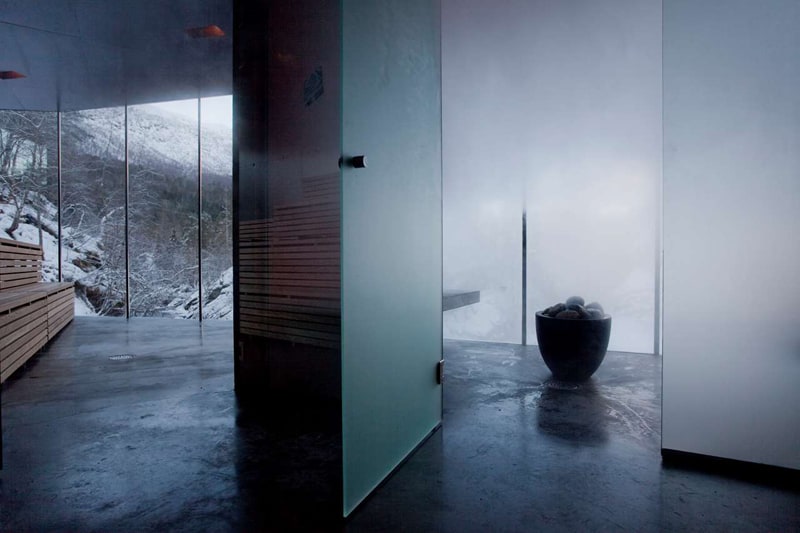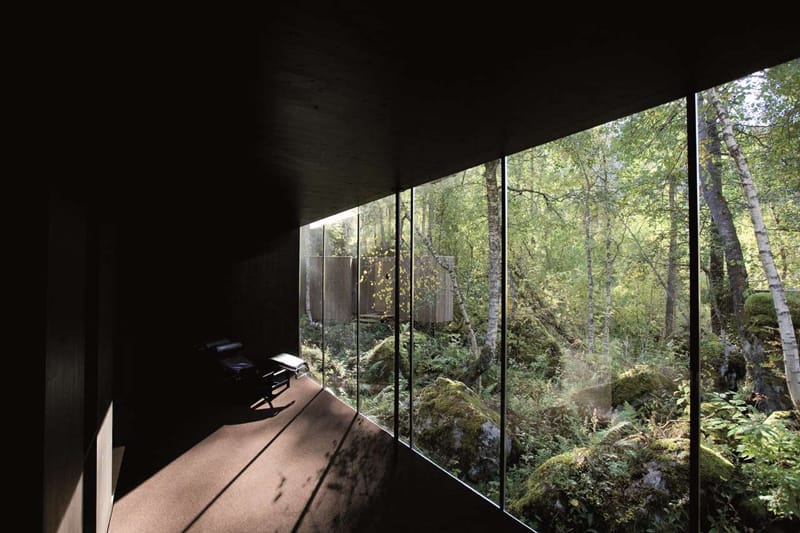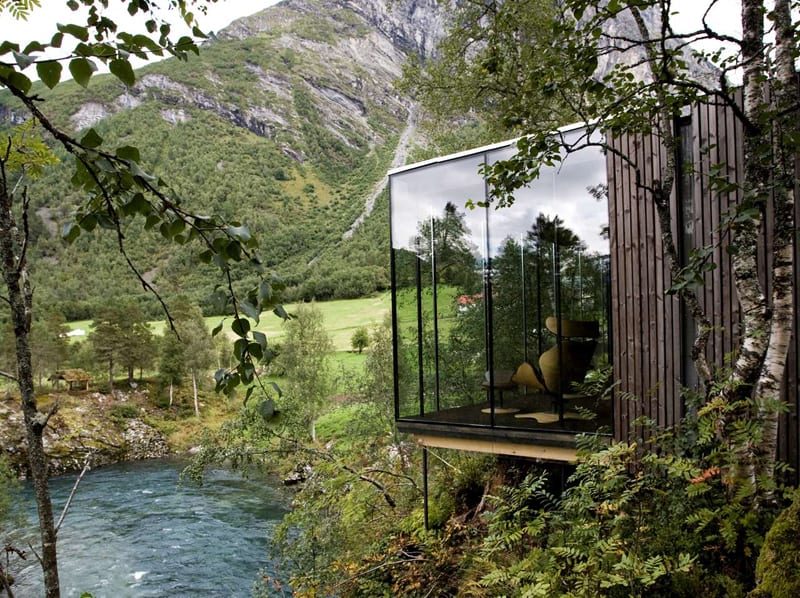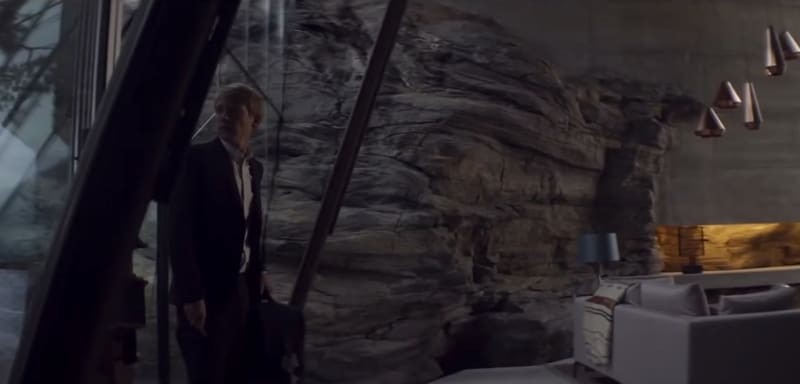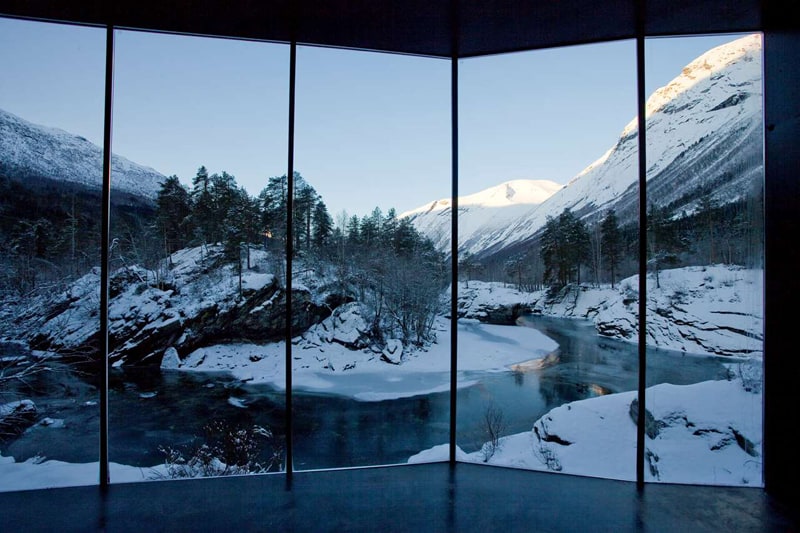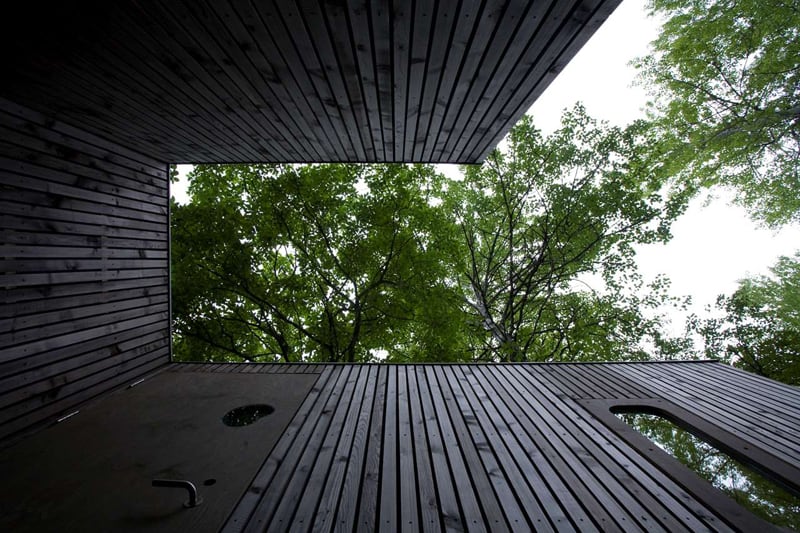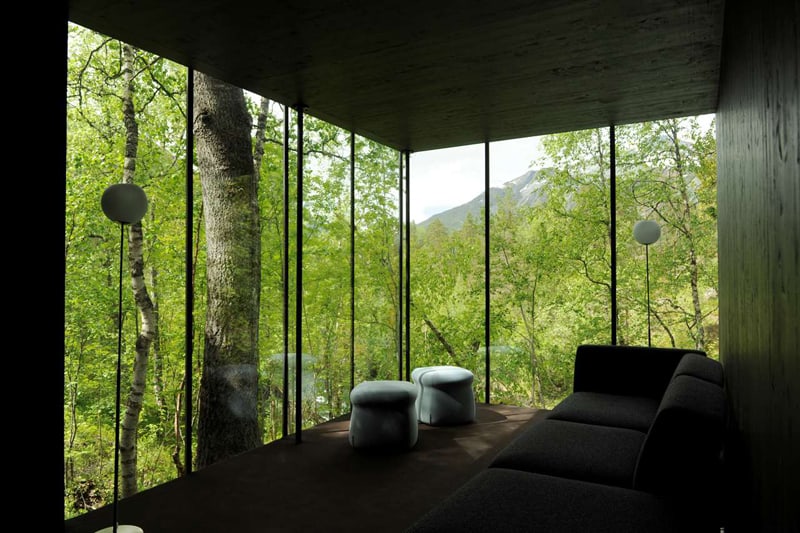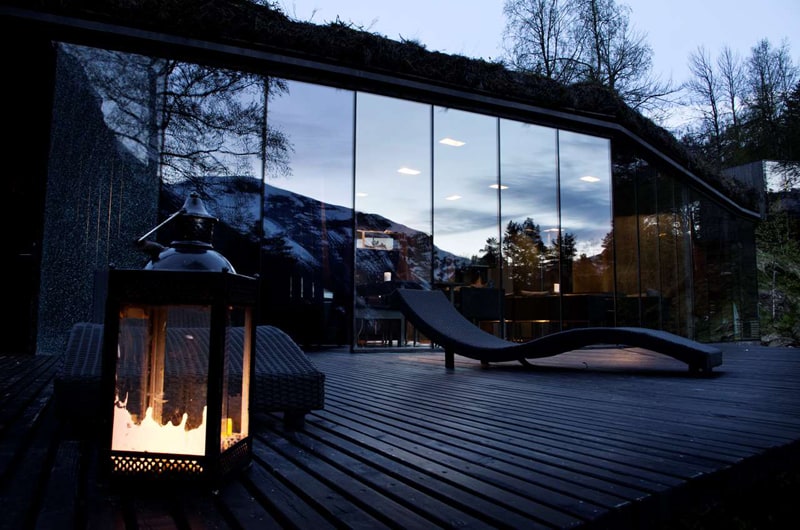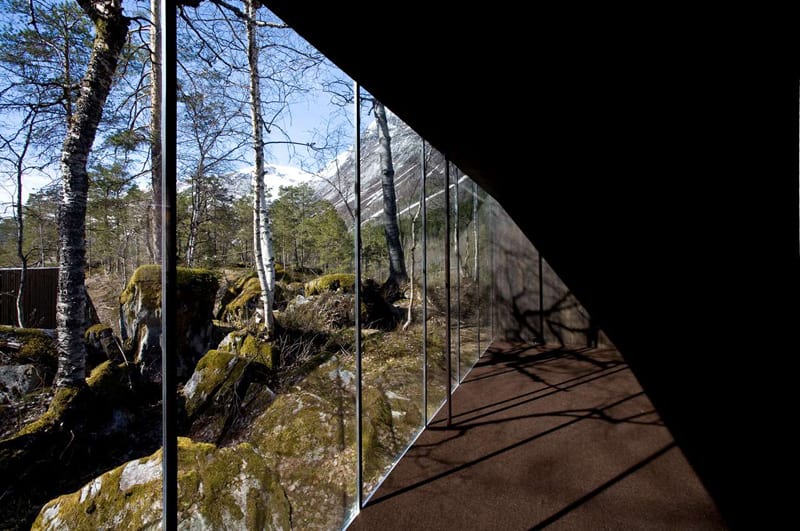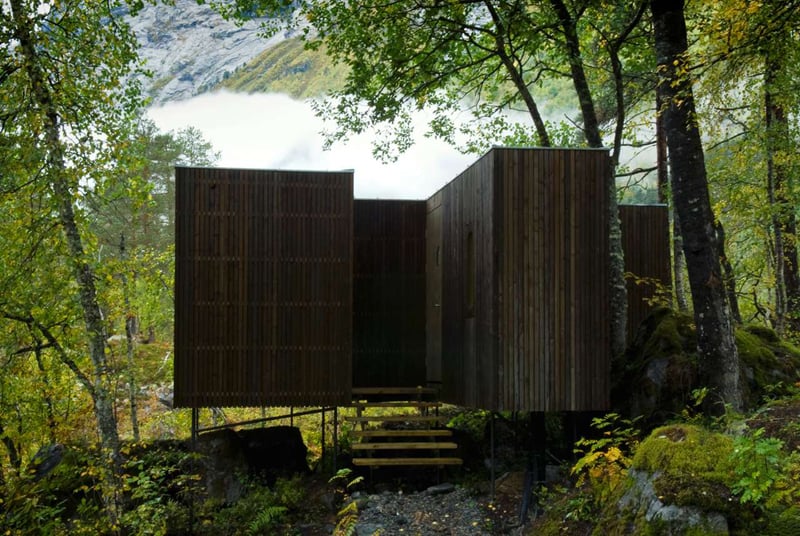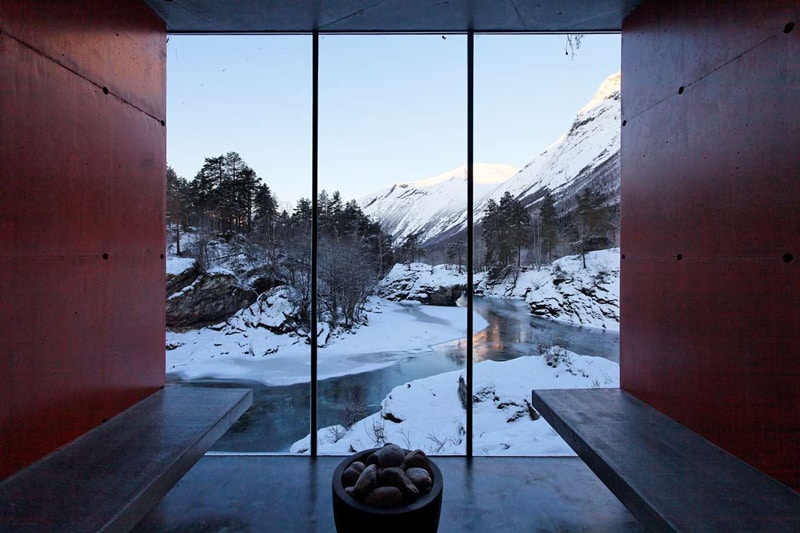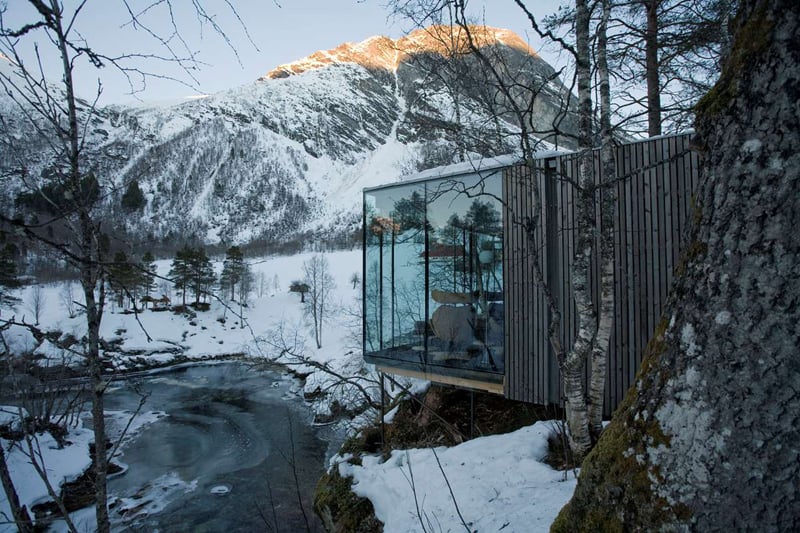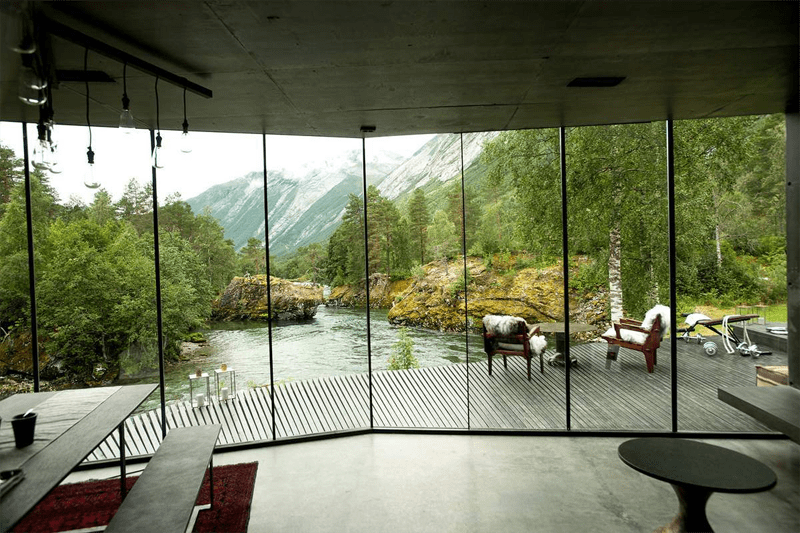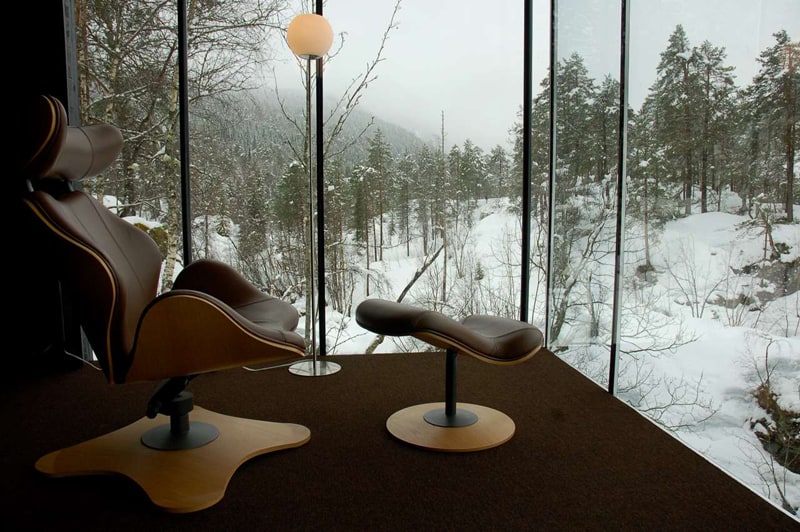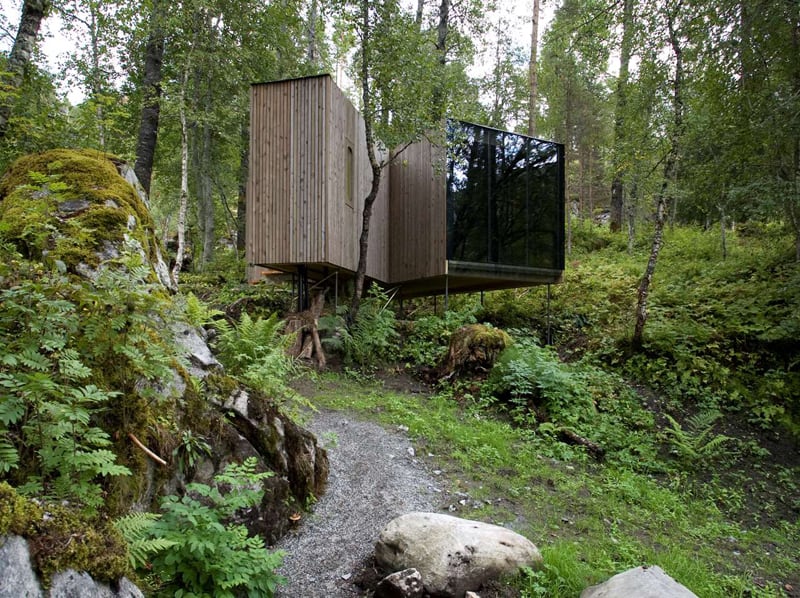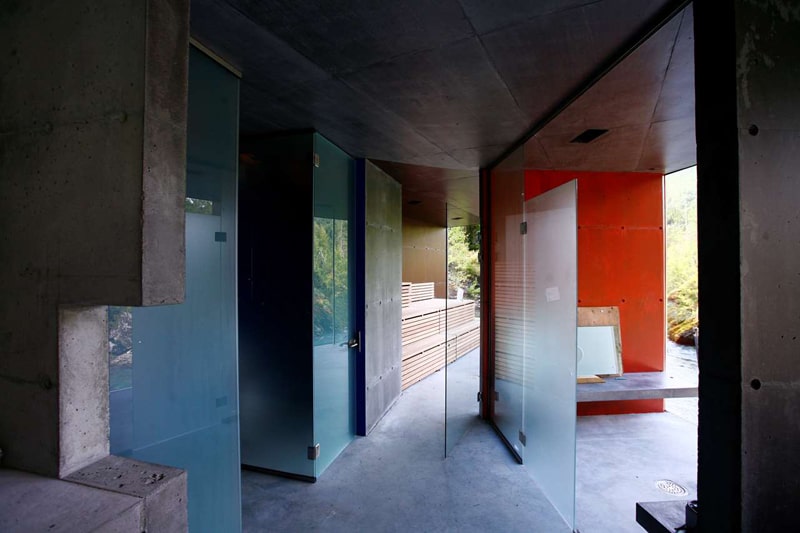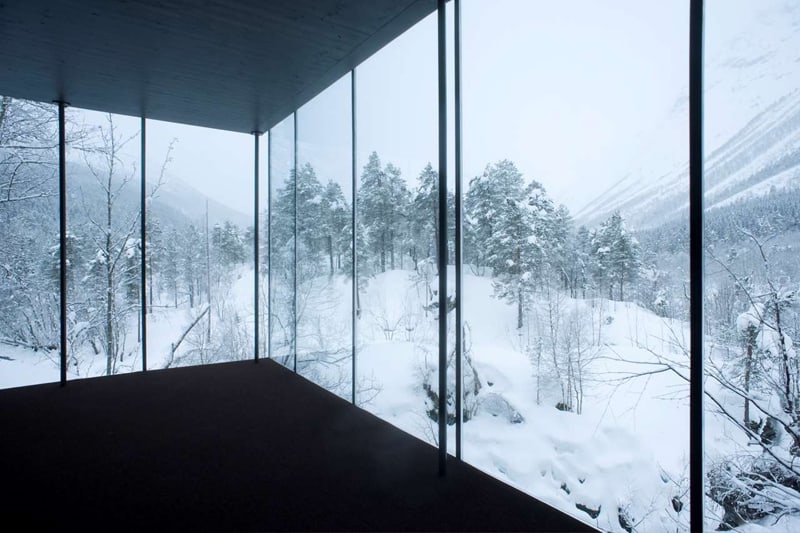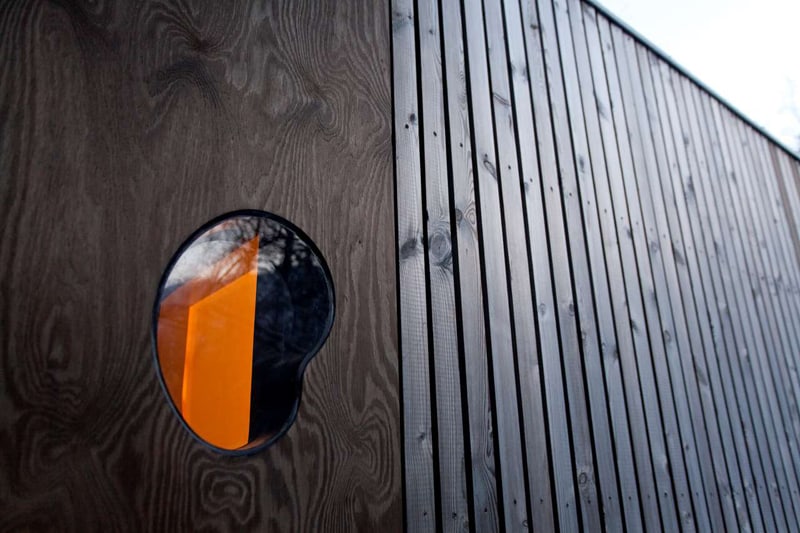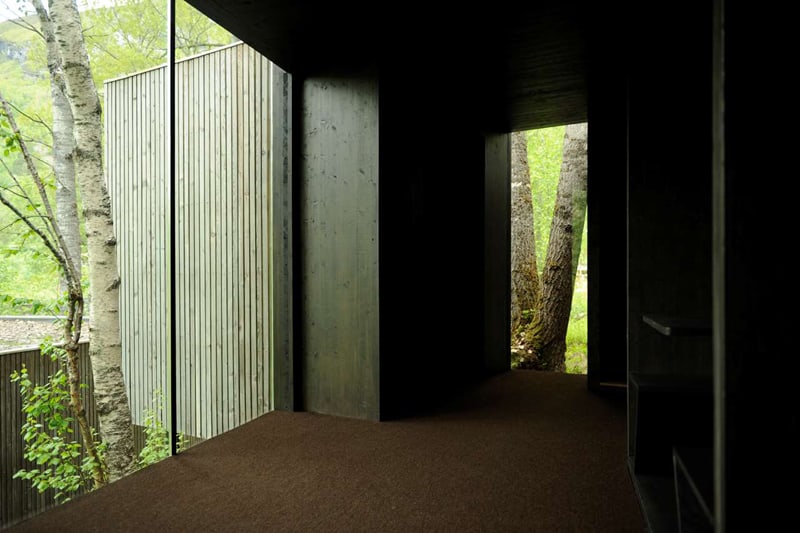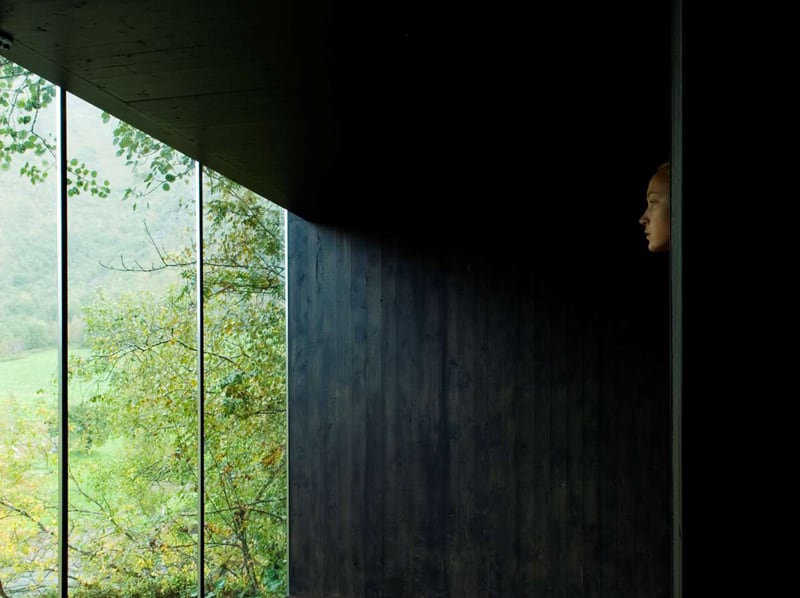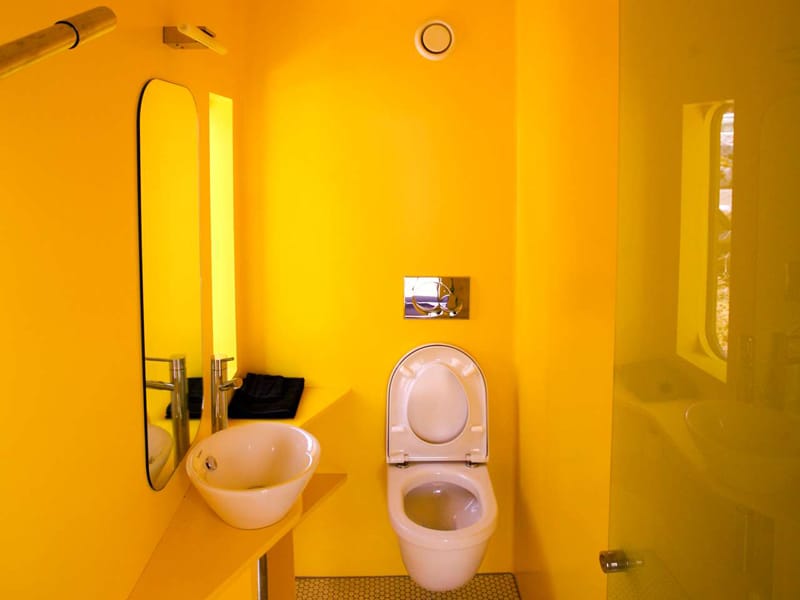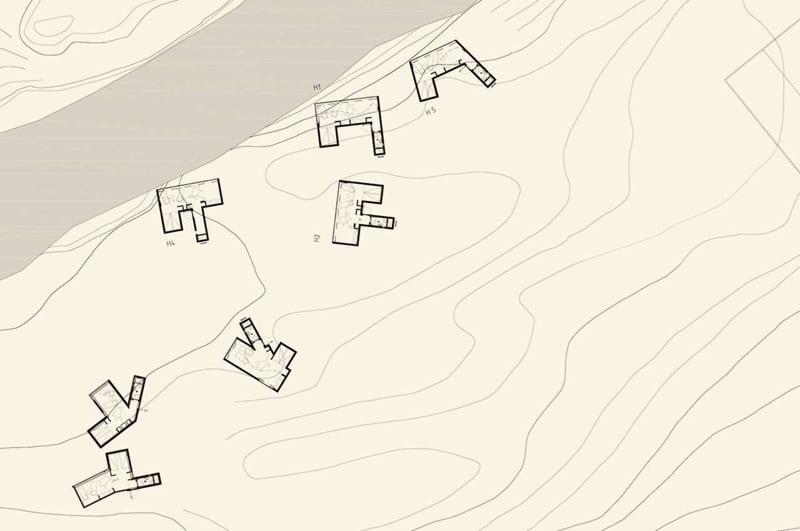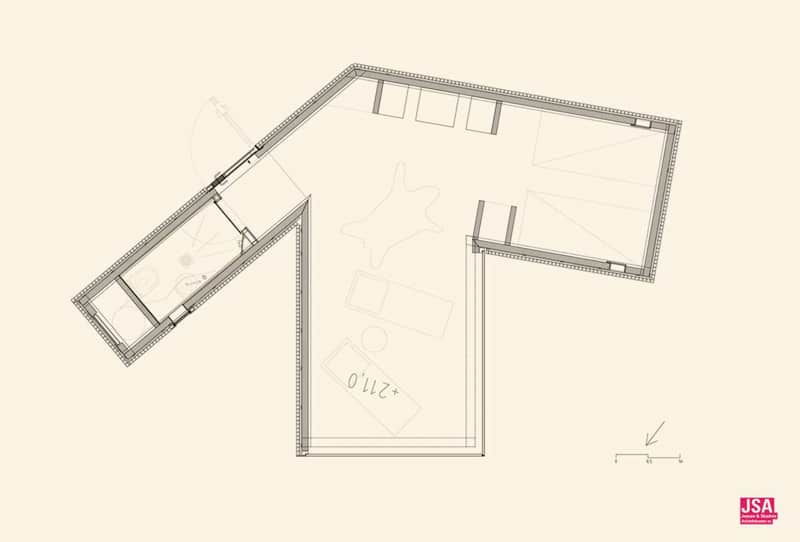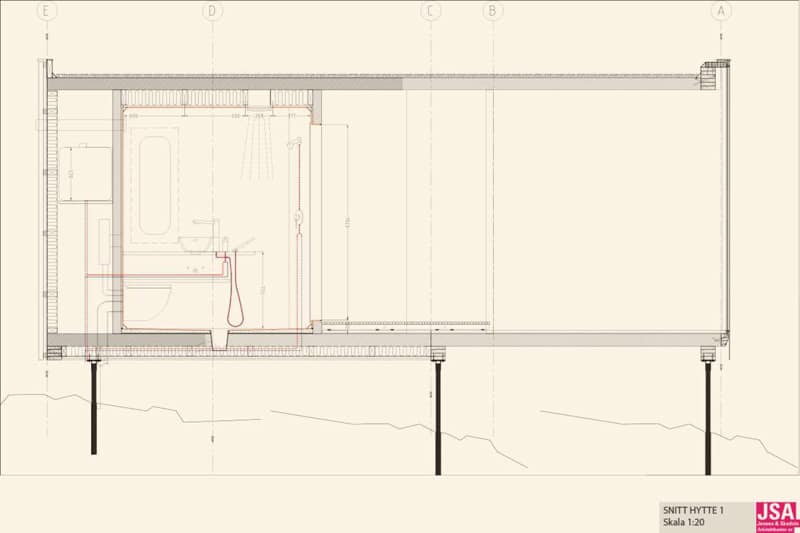There are so many different pieces that go into the creation of a film. From the first keystroke that starts to write a story, characters with all their inherent quirks, traits, and personality are spun from thin air. There are many stunning, otherworldly sights in Ex Machina, the science-fiction film directed by Alex Garland that features a robot so lifelike she’s played by actress Alicia Vikander. But the most breathtaking sight of all may be the 100 percent real, available-for-a-night’s-stay location where the film is set: the Juvet Landscape Hotel in Norway.
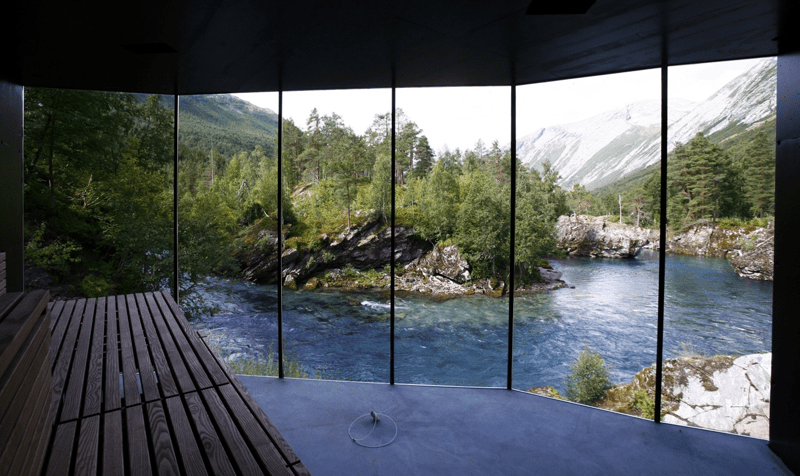
When a film actually starts to take shape on-screen, those traits have to be reflected not just in the actor chosen to portray the character, but in the scenery, design, and every image. “We wanted it to be among nature, we wanted it to be stunning, and we wanted it to be exclusive,” says Digby, who was given a script that originally placed Nathan’s estate in Colorado. In a movie like recent science fiction film Ex Machina, those necessities are heightened. A near future and a billionaire protagonist need to have a very specific setting (remember Tony Stark’s house?) that sometimes may not just physically exist. The filmmakers did not find a perfect setting and instead cobbled together two real life locations with visual effects and sets to create a stunning world for their artificial intelligence opus.
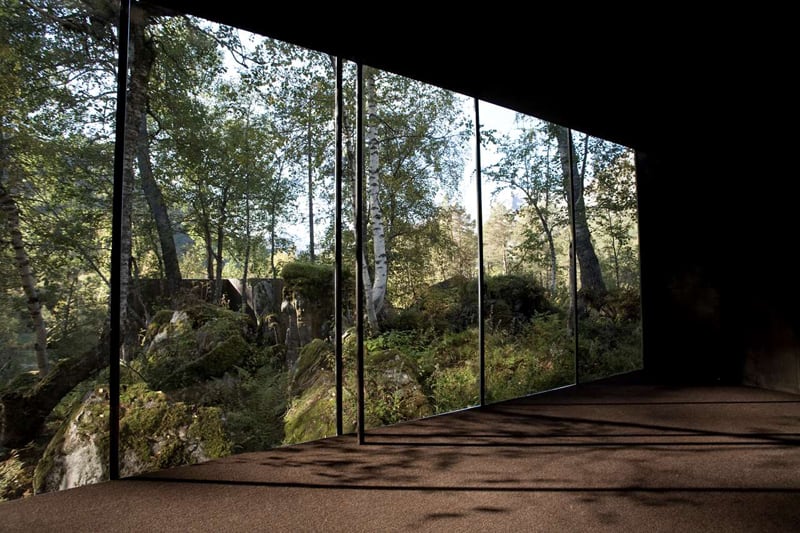
The hotel supplied the dining room with expansive views and several other sleek interior spaces. “He is so rich he doesn’t need to be ostentatious with it,” Digby says of Nathan and the home he stitched together for the character. “We felt someone as powerful, as rich as this, and as intellectually competent as him, would have a good sense of design.” That includes the modernist furniture, the kitchen stacked with sleek gadgets, and even the Jackson Pollock replica on the wall. “You need people to engage—they have to feel that they could be there and it could happen,” Digby explains. “We thought very hard about that.”

